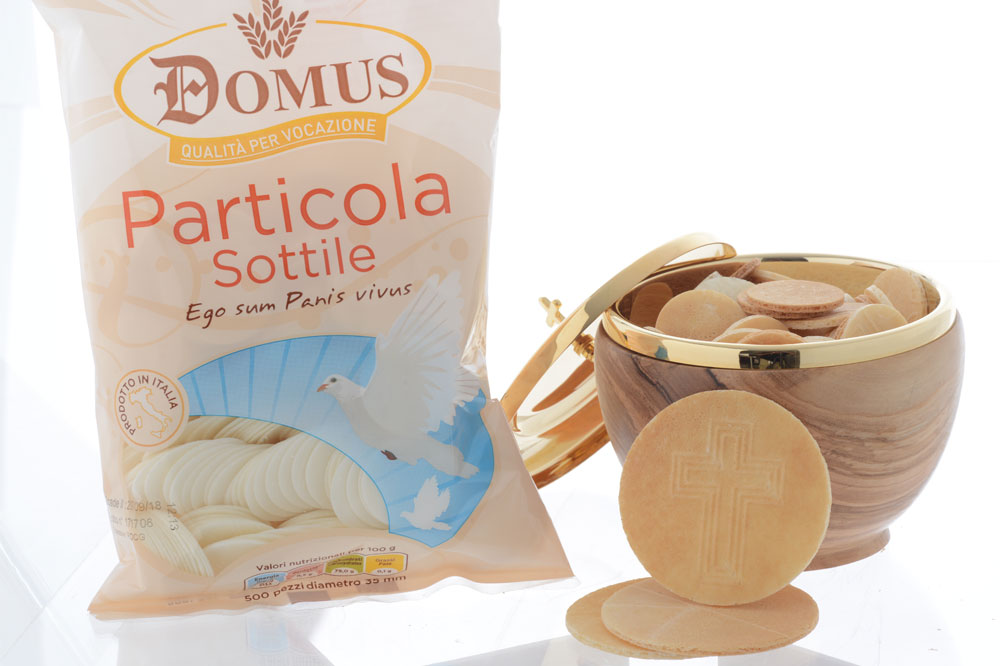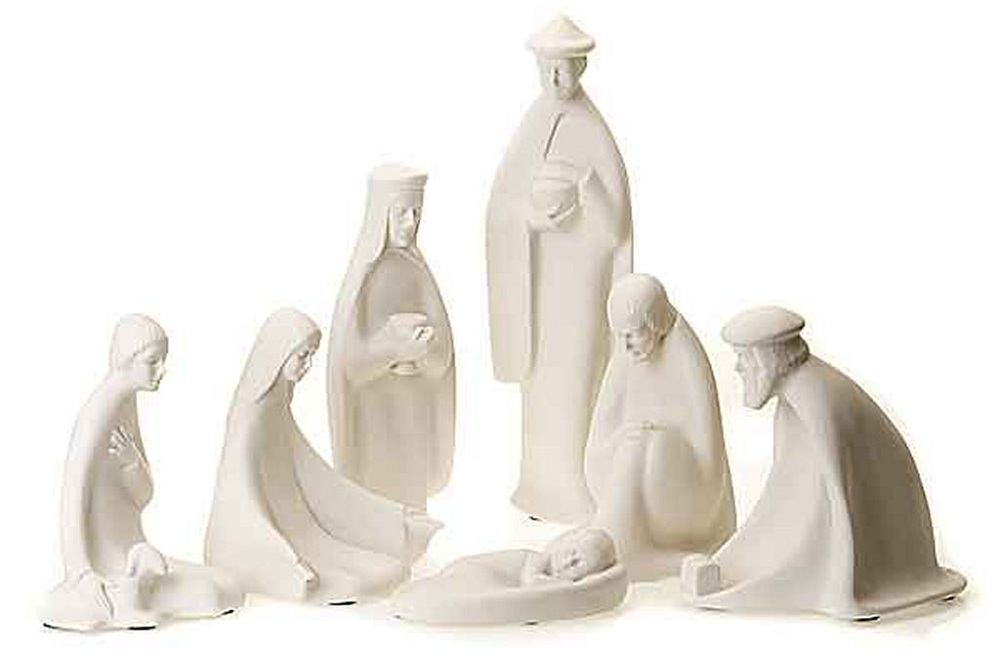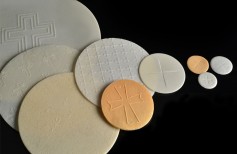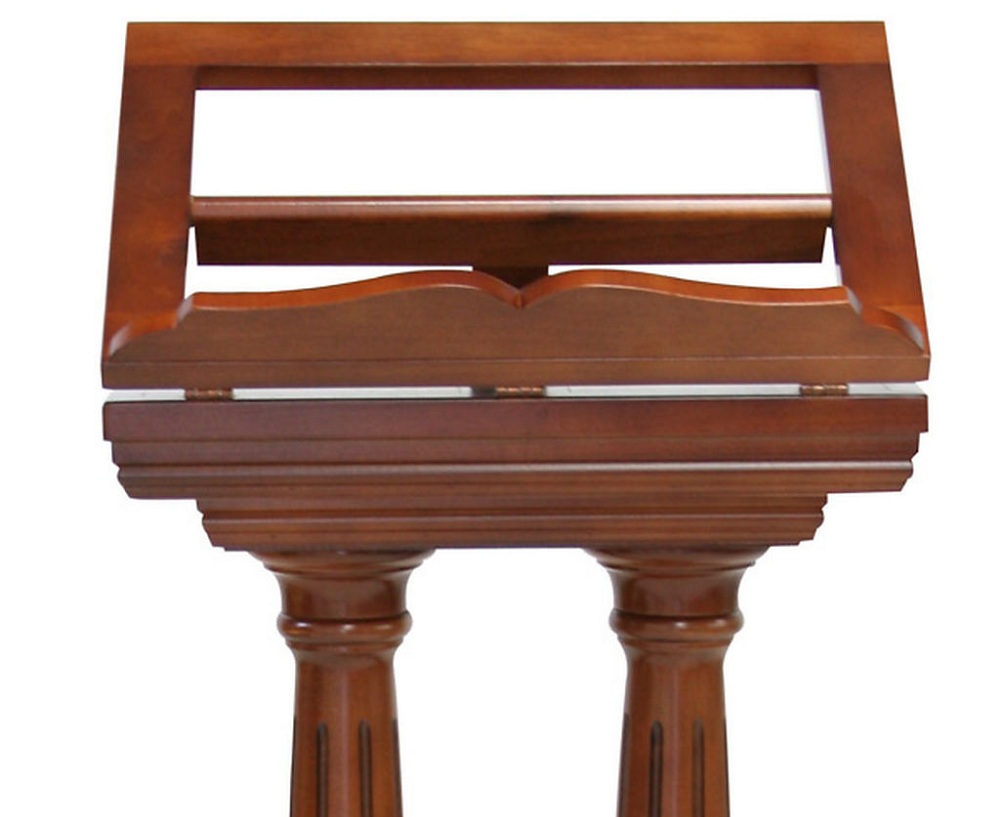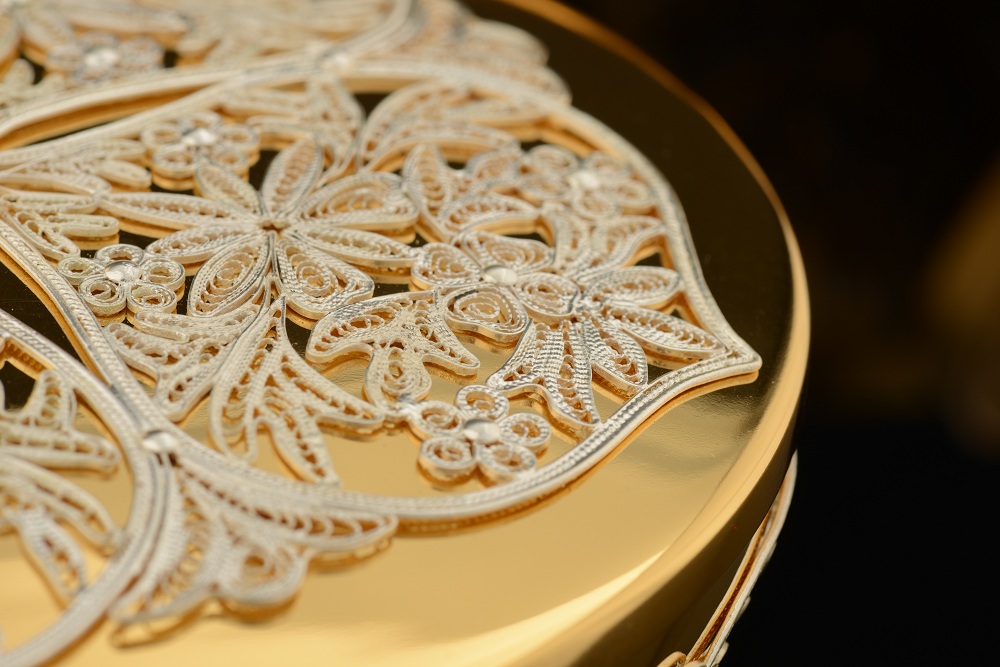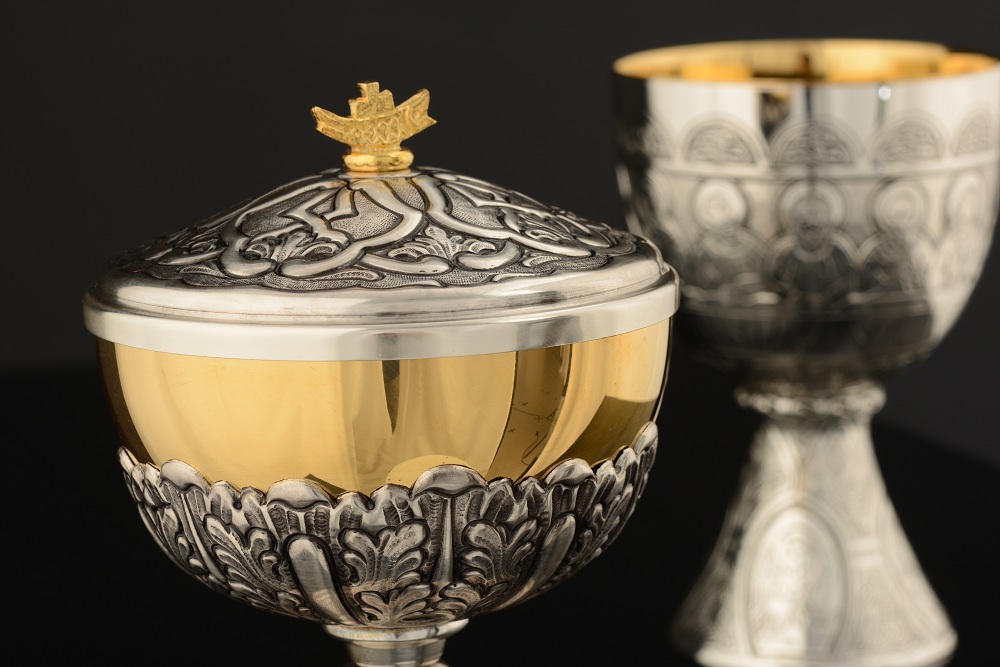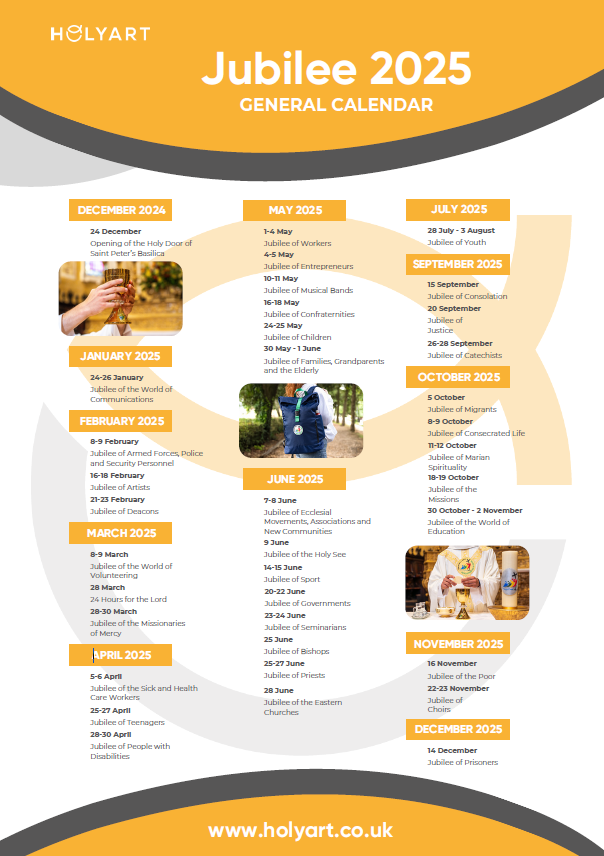The modern world can easily question anything. Centuries-old traditions, actions repeated for millennia, by multiple generations, even rituals codified in time and kept unmodified since the beginning of time, now require modifications to adapt to the needs of modern men. It’s not always about making something harder than it actually is, mainly due to its long and tested management. Sometimes it is about adapting particular realities to new modern contingencies, inventing new ways, variations, to meet essential needs.
It is the case of hosts for celiacs and the need risen in the last few years to satisfy this new category of devotees that are forced to see Eucharist as a possible threat to their health by their illness.
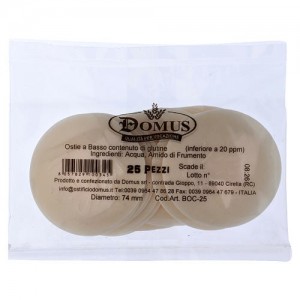
Celiac disease is a recent disease. It is a chronic inflammation of the small intestine, caused by the ingestion of gluten, a protein element of some cereals, mainly wheat. Celiac disease can cause an outbreak of different symptoms, such as diarrhea or development of autoimmune diseases, and if it’s not identified and treated, can even cause death.
So far, everything is clear, celiac disease is one of the many modern diseases, which we haven’t heard of until recently. What changed? Besides having identified the problem, and being able to diagnose it much faster, we need to consider that today we consume much more food made of cereals, and if that’s not enough, those cereals are not the same as the ones we had in the past. Most of the companies that produce bread and baked goods, but also bakers themselves, use flours that contain much more gluten compared to the past. They are the so-called “strong flours”, which are more elastic, and therefore easier and faster to work with. At the same time though, bread made with these kinds of flours forces our bodies to work harder, and in those who are genetically predisposed, it can lead to intolerances such as celiac disease. In fact, celiac disease is an autoimmune disease where our bodies react to an “aggression” coming from gluten.
But let’s get to the subject of this article, that is, the recent need to produce and spread gluten-free hosts for celiacs. If we look closely at how the hosts for the Holy Communion are made, we can immediately see that it can be a big problem for those who are affected by this disease, and of course do not want to give up Eucharist. If we examine the ingredients of consecrated hosts used during masses, we can see that they are water and wheat flour. And here the problems begin for those who are affected by celiac disease.
The first solution was to make gluten-free hosts suitable for celiacs. They can be obtained in two ways: by using flours low in gluten such as some types of cornstarch, or by completely eliminating gluten from the recipe and adding other substances to the dough to make baking possible even without gluten.
However, the Congregation for the Doctrine of the Faith was rather clear about this topic: adding such substances would make the host “invalid matter for Eucharist“, and at the same time, so would the complete lack of gluten.
The first solution is what works best then, but also in this case the issue of hosts for celiacs created a lot of confusion and raised many doubts during the last few years.
Lets’ try to shed some light then.
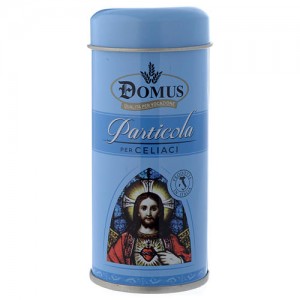
First, the first piece of advice for those suffering from celiac disease, especially if at a serious stage, is to inform their priest about their problem, so that he can act in the safest way possible. In fact, it is not enough that he uses particular hosts for celiacs with those who ask. It is also necessary to pay attention to the pyx, the container that stores consecrated hosts. It is enough for the gluten-free host to just come into contact with regular hosts to create potential problems.
In July 2017, the Congregation for Divine Worship and Discipline of Sacraments, through the “Letter on the bread and wine for the Eucharist“, which defines the rules to follow concerning bread and wine meant for Eucharist, stated that the Holy See approves hosts that contain even a minimum amount of gluten.
How much is this minimum exactly?
According to the Italian Association for Celiac Disease (AIC), suitable hosts for celiacs must be either completely gluten-free (actually they’re not completely gluten-free, as those are not valid for Eucharist, but they have a maximum amount of gluten of 20 mg/kg), or with a low level of gluten (maximum 100 mg/kg).
But the AIC goes further. Mainly due to respect and integration issues for celiac children and teenagers, they require the Eucharist host to be gluten-free for everyone, in order to avoid distinctions that could turn out to be emotionally destabilizing for young people, especially concerning their spiritual growth. They invite priests to work cautiously for the sick people, but not making too obvious moves that could make celiac devotees feel “different”, especially the young ones. They suggest using hosts for celiacs for everyone during important and collective celebrations, such as the First Holy Communion and Confirmation.
To that end, the Italian Association for Celiac Disease, in agreement with Aoecs, the Federation of European Celiac Disease Associations, sent a letter to the Holy Father asking that the use of gluten-free hosts became a rule in the whole Catholic world.
However, for now, it is enough that every parish keep their own count on celiac devotees.
During Consecration it is fundamental that the hosts for celiacs are stored in a separate pyx, easy to find, placed in a way that it does not come into contact with regular hosts, or even with their crumbs, in order to avoid contamination.
A sufficient amount of Eucharist bread will need to be stored inside a pyx, carefully closed, in the Tabernacle.
The Chalice that is occasionally offered to the devotees must be separate as well. In fact, the host is usually dipped into wine (immixtio), and if the host is not gluten-free, it can cause problems. Therefore two different chalices will be necessary, both consecrated, and in the one for celiacs, immixtio must be avoided.
Concerning the sale of gluten-free hosts for celiacs, they can easily be found in many religious stores or specialized online stores. Also in this case, a correct packaging and transportation, attentive to contamination, must be guaranteed in order to safeguard the hosts for those with an intolerance to gluten.

